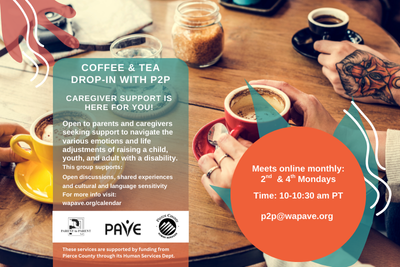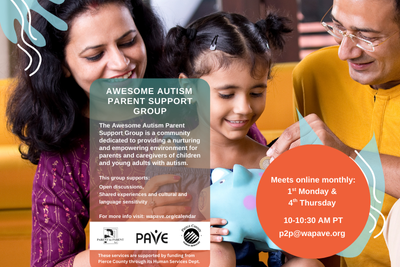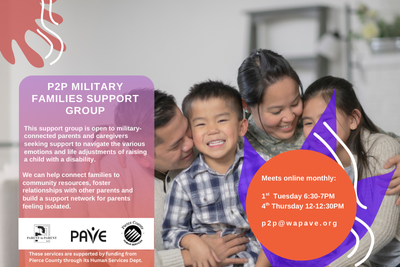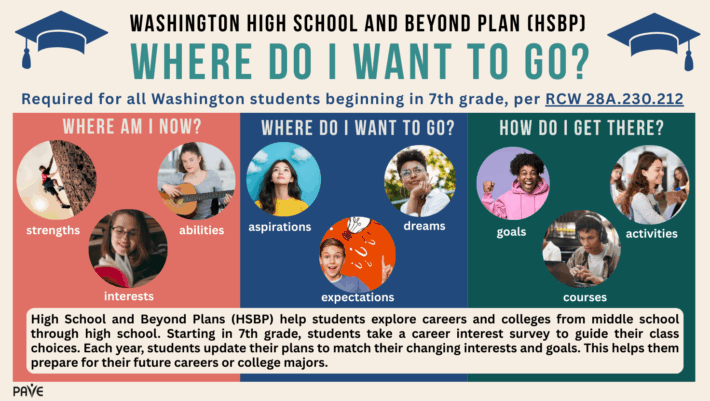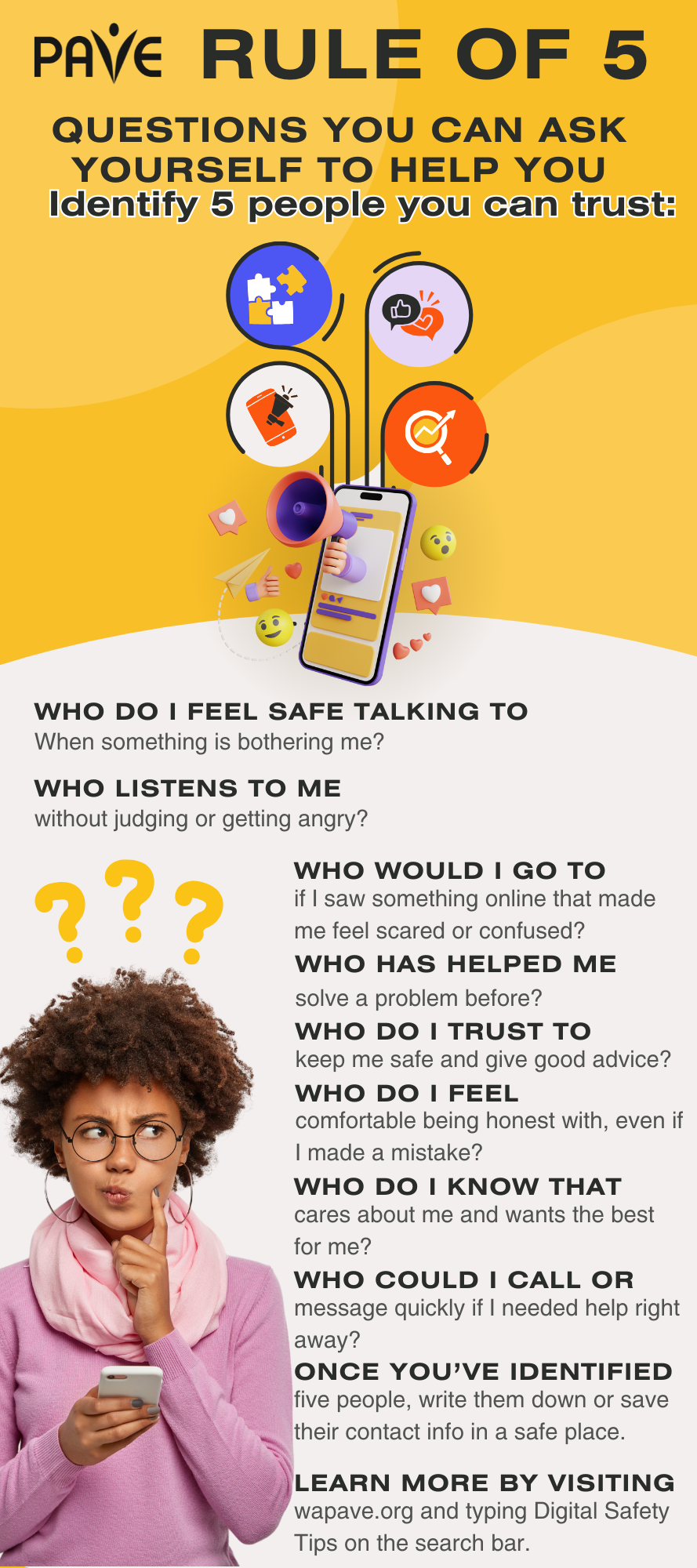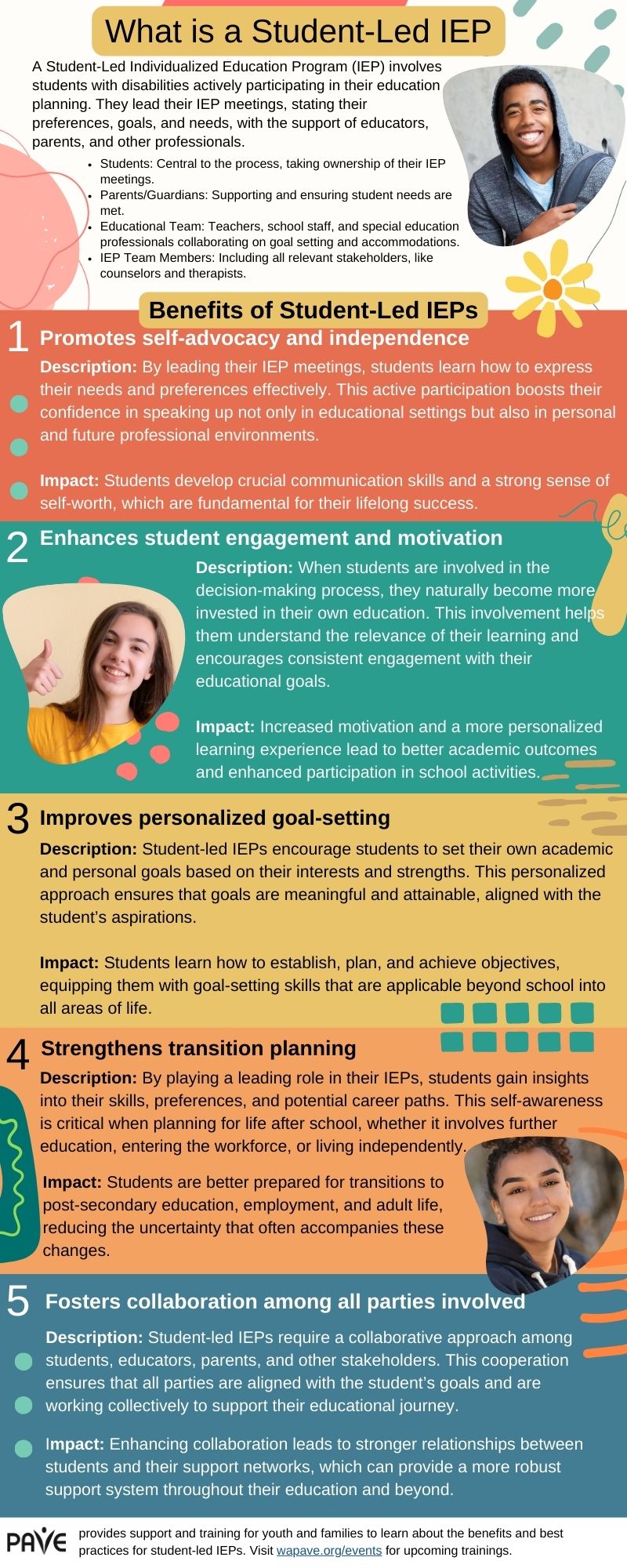Students with disabilities who are bullied at school have legal protections, and schools have added responsibilities to ensure their safety and well-being. When acts of bullying involve discrimination based on disability, race, sex, or religion, federal agencies classify those acts as harassment.
A Brief Overview
- OCR provides a fact sheet for parents about school legal obligations to address bullying. The fact sheet is available in Spanish.
- According to OCR, students who are victims of bullying shall not be further victimized by the school’s response: “Any remedy should not burden the student who has been bullied.”
- Families can ask the school for a form to file a “HIB Complaint.” HIB stands for Harassment, Intimidation, and Bullying.
- OCR investigates complaints of disability discrimination at schools. OCR’s Complaint Assessment System provides a place to choose a language before filing a complaint. Contact OCR at 800-421-3481 (TDD: 800-877-8339).
- Bullying protections apply to all students with disabilities, regardless of whether they are served through an Individualized Education Program (IEP) or a Section 504 Plan.
- Failure to stop bullies and support a victimized student with disabilities is considered a denial of the student’s right to a Free Appropriate Public Education (FAPE). The U.S. Department of Education provides a Dear Colleague letter with guidance about bullying as a FAPE violation.
- Find additional guidance at StopBullying.gov, which offers suggestions for parents and what teens can do.
Full Article
The Office for Civil Rights (OCR) and the Department of Justice (DOJ) list the following as harassing behaviors:
- Unwelcome conduct, such as verbal abuse, name calling, epithets, or slurs
- Graphic or written statements
- Threats
- Physical assault
- Other conduct that may be physically threatening, harmful, or humiliating
The PACER Center’s National Bullying Prevention Center, founded in 2006, provides this OCR and DOJ information and further explains that “bullying may also be considered harassment when the conduct is sufficiently serious that it interferes with (or limits) a student’s ability to participate in (or benefit from) the services, activities, or opportunities offered by a school, and it is based on a student’s disability.”
PACER Center provides letter templates to help parents write to the school and reminds families: “Data is important. Remember, if it is not in writing, it does not exist. Please be sure to keep a copy of the letter(s) for your records. These records can help parents keep a concise, accurate timeline of events. These sample letters are general in nature in order to serve all potential users.”
What does a school have to do when a child with a disability is bullied?
OCR provides a fact sheet for parents about school legal obligations to address bullying. The fact sheet is available in Spanish. Here are a school’s basic responsibilities:
- Take immediate and appropriate action to investigate the issue and take necessary steps to stop the bullying and prevent it from recurring.
- Interview targeted students, offending students, and witnesses, and maintain written documentation of the investigation.
- Remedy the effects of bullying by further supporting a student with services through an Individualized Education Program (IEP) or Section 504 Plan.
- Make sure the student who was bullied is helped and not further injured by actions taken in response. For example, the victim should not be suspended. According to OCR: “Any remedy should not burden the student who has been bullied.”
To learn more about student rights related to discipline, see PAVE’s article: What Parents Need to Know when Disability Impacts Behavior and Discipline at School.
What can a parent do?
Every school district has a process for filing a formal complaint related to harassment, intimidation and bullying (HIB). A parent or student can say, “I want to file a HIB complaint” and request the proper forms from the school.
Here are options for families:
- Contact the HIB compliance officer in your school district.
- Search online or request a HIB complaint form.
- Request copies of the student handbook and the district’s written HIB policy.
- If the act included a violation of the law, such as a physical assault, file a police report.
- Request an emergency meeting of the IEP or Section 504 team to add supports for the student to ensure emotional and physical safety at school.
- Ask the school district compliance officer for specific details—in writing—about who is responsible to stop the bullying, what will be done, and when. Ask how that officer will provide follow through and confirm accountability schoolwide. Write everything down.
- Seek help from the Office for Civil Rights (OCR). The office investigates complaints of disability discrimination at schools. OCR’s Complaint Assessment System provides a place to choose your language before filing a complaint.
- To learn more about federal civil rights laws or how to file a complaint, contact OCR at 800-421-3481 (TDD: 800-877-8339).
Rules in Washington State
The 2019 Legislature passed Substitute Senate Bill 5698, a Washington State law that prohibits harassment, intimidation, or bullying (HIB) in schools. The law requires school districts to have a formal HIB policy and a person designated to uphold the policy and distribute information among staff, students, and families.
The HIB Prevention and Intervention page of the Office of Superintendent of Public Instruction (OSPI) website includes guidance for students and families, including student safety plan templates and a sample HIB Incident Reporting Form available in multiple languages. There is also a link to the emails and/or phone numbers of HIB compliance officers in each school district, sample student safety plans.
Washington State defines harassment, intimidation, or bullying (RCW 28A.300.285) as any intentional electronic, written, verbal, or physical act that:
- Physically harms a student or damages the student’s property
- Has the effect of substantially disrupting a student’s education
- Is so severe, persistent, or pervasive that it creates an intimidating or threatening educational environment
- Has the effect of substantially disrupting the orderly operation of the school
The Governor’s Office of the Education Ombuds (OEO) offers direct support to students and their families. OEO provides an online intake form and a phone option, with language interpretation available: 1-866-297-2597.
According to OEO, “Bullying and harassment can be a difficult topic for schools, families and students, but not talking about it can make it worse.” OEO provides information and tools to help families figure out who to talk to, how to raise informal and formal complaints, and how to help prevent and respond to bullying or harassment: “If you have questions, or want help understanding or addressing a concern, contact us.”
The state chapter of the American Civil Liberties Union (ACLU Washington) provides a downloadable guidebook on student rights. A section about harassment states: “Harassment is illegal when it is so severe, persistent, or pervasive that it creates an intimidating or hostile school environment and interferes with your education.”
How common is bullying of students with disabilities?
Data show that students with disabilities are bullied at least twice as frequently as their typical classmates. According to the PACER Center: “Although only ten U.S. studies have been conducted on the connection between bullying and developmental disabilities, all of these studies found that children with disabilities were two to three times more likely to be bullied than their nondisabled peers.”
According to Disability Scoop, about half of individuals with autism, intellectual disabilities, speech impairments and learning disabilities are bullied at school. The rate of bullying for typical students is about 10 percent.
Stopping stigma and ending discrimination require everyone to consider myths about bullying that often make things worse for a person who has been the victim of harassment, intimidation, or bullying. PACER Center’s National Bullying Prevention Center provides a document that describes myths about bullying.
For example, it’s never true that “some people deserve to be bullied.” Here’s a statement to dispel that myth: “No child’s behavior justifies being hurt or harmed in any manner. All children deserve to be treated with respect and consideration.”
It’s also never true that “bullying will make kids tougher.” In fact, “Bullying does not make someone tougher. Research has shown it often has the opposite effect and lowers a child’s sense of self-esteem and self-worth. Bullying often creates fear and increases anxiety for a child.”
Another myth is that telling a teacher about bullying is “tattling.” Adults can ensure that children understand the difference between tattling and telling: “Tattling is done to get someone in trouble. Telling is done to protect someone.” Keeping secrets about a bully gives the bully more power and hurts everyone.
Federal Guidance
The U.S. Department of Education maintains a website page with access to resources about student rights and anti-bullying protections. The department’s Office for Civil Rights (OCR) can accept complaints with overlapping civil rights concerns. For example, a complaint about bullying may also include aspects of racism and disability discrimination. OCR points out that bullying concerns that are not appropriately addressed can violate Section 504 of the Rehabilitation Act and Title II of the Americans with Disabilities Act (ADA):
“Under Section 504 and Title II, schools must address bullying and harassment that are based on a student’s disability and that interfere with or limit a student’s ability to participate in or benefit from the services, activities, or opportunities offered by a school. Further, if any bullying or harassing behavior interferes with the ability of a student with a disability to access educational services, the situation, if uncorrected, may constitute a FAPE violation. OCR works with other offices in the Department, as well as with the U.S. Department of Justice (DOJ), to address bullying and harassment of students with disabilities.”
Crisis Help
A child’s mental well-being may be impacted by bullying. If a student or family member needs someone to talk to in an emergent moment of crisis, these phone numbers may be helpful:
- 988 Suicide & Crisis Lifeline
- General Teen Talk line: 800-TLC-TEEN
- Trevor Project (issues related to sexuality): 866-488-7386
Additional hotlines and text lines: FindAHelpline.com



